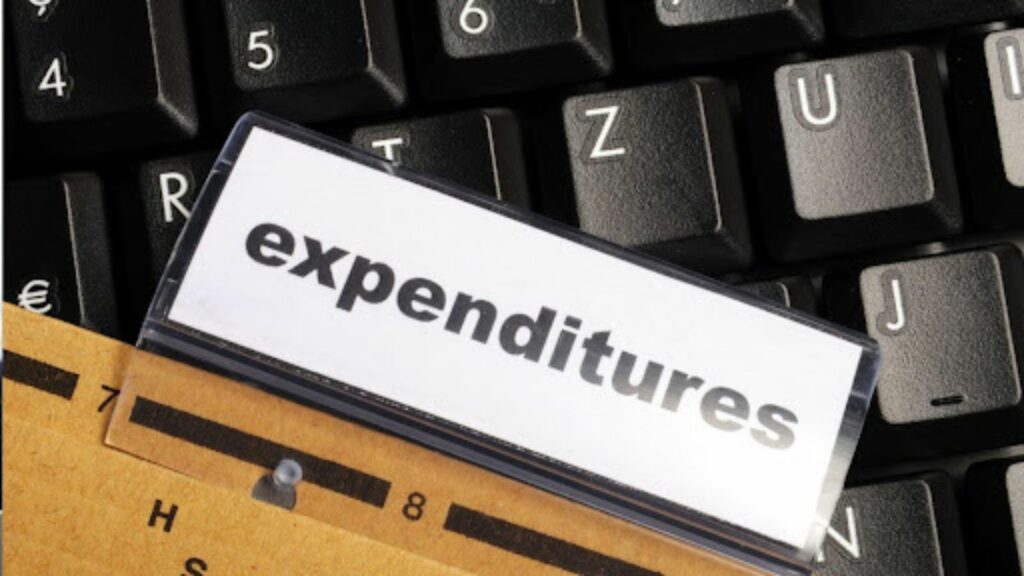In the world of business management, few responsibilities are as important yet frequently neglected as monitoring expenses. Whether you’re running your own business or leading a team, paying close attention to how your money is spent can significantly impact your financial well-being and planning.
Thorough tracking not only helps you stay on budget but also simplifies tax filing and enables better decision-making. In this article, we’ll discuss six practical tips to improve how you manage business expenses, each designed to boost efficiency and transparency in your financial processes.
Implement Digital Tools
Modern technology provides a myriad of tools and software options designed to streamline the process of monitoring expenses. As an example, there are mobile applications that allow you to capture images of receipts to expedite immediate digital conversion. Additionally, advanced accounting systems seamlessly merge expense tracking with invoicing and financial reporting, ensuring optimal convenience and effectiveness.
The use of cloud-based accounting software enables the automated classification of expenses and delivers instant analysis of your monetary position. By utilizing these digital resources, you can lessen administrative burdens, minimize the likelihood of human errors, and enhance oversight over your organization’s financial endeavors.

Use Invoice Templates
To manage business expenses efficiently, consider using invoice templates. A comprehensive invoice template encompasses necessary details such as invoice identification, date, breakdown of goods or services rendered, and payment conditions. This not only streamlines the invoicing procedure but also promotes the organization for future reference.
To optimize accuracy and meet the unique needs of your business, it is imperative to select a system that aligns with your specifications, whether it be a basic template or sophisticated software such as cloud-based accounting platforms offering customizable invoicing features.
Categorize Expenses
Sorting expenditures into categories is vital for understanding the financial well-being of your enterprise. By arranging costs into distinct categories, such as office materials, utilities, travel expenses, and advertising, you can thoroughly examine spending habits, identify areas where expenses are excessive, and strategically allocate funds.
This approach aids in financial strategizing and facilitates the proper declaration of deductions for eligible expenditures during tax preparation. Maintaining organized records, whether through automatic expense sorting software or manual tracking, provides a clear depiction of one’s spending patterns.
Set Clear Policies
It is imperative to institute definitive protocols for proficiently monitoring expenditures within your company. These regulations must precisely outline permissible expenses, the process of authorization, required substantiation, and standards for eligible reimbursements.
By actively distributing these procedures to both employees and stakeholders, you establish a framework that cultivates responsibility and adherence. This guarantees that expenses align with company goals and fulfill regulatory mandates. Regular updates and training sessions on these policies reinforce their significance and equip employees to responsibly manage company finances.
Regularly Reconcile Accounts
Regularly checking and balancing accounts is crucial for financial accuracy and trustworthiness. This involves comparing your recorded transactions with bank statements and other financial records to catch any mistakes or differences.
This process is vital for uncovering potential fraud or unauthorized charges, which unfortunately remain common. For example, businesses in Australia lost $11.8 million to false billing scams in 2023, underscoring the importance of being proactive.
Consistently reconciling guarantees the precise reflection of your company’s fiscal state within financial documents. Through conducting monthly or quarterly reconciliation, you can promptly address disparities, reconcile unsettled balances, and uphold a lucid record for fiscal audits.

Educate Employees
Engage your staff in managing expenses to ensure its effectiveness. Teach them about the significance of precise expense reporting, following company guidelines, and using specific tools for tracking expenses.
Offer training or materials on the best ways to document expenses, submit receipts, and grasp how their spending affects the company’s finances. By imparting knowledge on accurate expense reporting and adherence to company policies, along with training in designated expense tracking tools, you’re essentially allowing your employees to contribute effectively to financial goals and ensure compliance with internal controls and regulations.
Final Thoughts
Managing business expenses well isn’t just about being disciplined with money—it’s crucial for long-term growth. So, use consistent invoice templates, categorize expenses clearly, use digital tools efficiently, set clear accountability policies, reconcile accounts regularly for accuracy, and educate employees on compliance. Doing so will improve your financial management and set your business up for success in the long run.
Keep in mind, the secret to effective expense tracking is taking proactive steps that fit your business goals and ensure transparency in financial operations.














